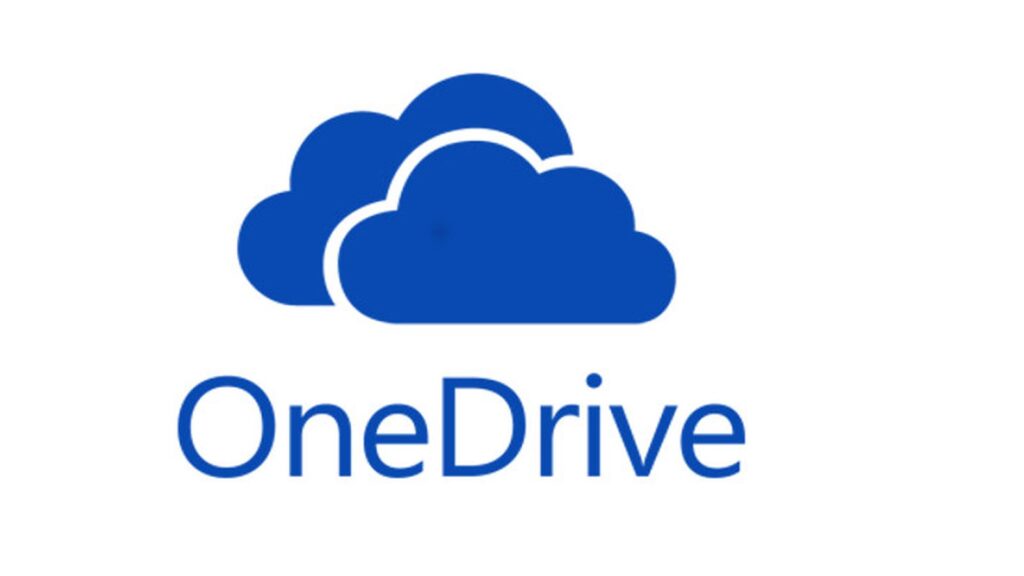In the digital era, cloud storage has become a staple. From storing our beloved family photos to securing essential business data, our online footprint is growing. Cloud storage solutions are bountiful, but did you know that many offer free storage? That’s right – you can safeguard your data without spending a dime. In this guide, we’ll navigate the best 10 online websites for free cloud storage and backup, evaluating their features, pros, cons, and who they’re best suited for. If you’ve been on the fence about which cloud storage to choose, this comprehensive guide will serve as your compass, so let’s dive in!

Table of Contents
What is Cloud Storage
Before we start our expedition, let’s establish a common understanding. Cloud storage and backup is essentially a model of computer data storage where the digital data is stored in logical pools, across various servers typically owned and managed by hosting companies. These companies are responsible for keeping the data available and accessible, providing a seamless user experience.
Now that we have a firm grasp of what cloud storage is, we can move forward to the heart of this guide.
Google Drive

Google Drive sits comfortably at the top of our list. With 15GB of free storage, Google Drive presents an extremely generous offer. But that’s not all. It’s deeply integrated with Google’s ecosystem (think Google Docs, Sheets, and Slides), making it a top choice for anyone already using Google services.
Pros:
- Generous 15GB free storage
- Deep integration with Google services
- Simple to use and intuitive interface
Cons:
- Shared storage with Gmail and Google Photos
- Data privacy concerns
If you’re an avid user of Google services and don’t mind sharing storage space with your Gmail and Google Photos, Google Drive could be your perfect match.
Dropbox

Dropbox has long been a stalwart in the cloud storage and backup industry. Offering 2GB of free storage might seem stingy compared to Google Drive, but it’s the seamless syncing across various devices that draws users in.
Pros:
- Seamless syncing across devices
- Reliable and has been around for a long time
- Good integration with third-party apps
Cons:
- Only 2GB of free storage
- Extra storage can get pricey
If you’re a user who values seamless synchronization and compatibility with a variety of devices, and you don’t need a massive amount of free storage, Dropbox could be your go-to choice.
MS OneDrive

For those entrenched in the Microsoft ecosystem, OneDrive is an excellent choice. It offers 5GB of free storage and works flawlessly with Windows devices.
Pros:
- Well integrated with Windows and Office 365
- User-friendly interface
Cons:
- Only 5GB of free storage
- Not as intuitive for non-Microsoft users
If you’re a Windows user or your work involves using Office 365 frequently, OneDrive might be the cloud storage solution for you.
iCloud

For Apple users, iCloud is the most straightforward cloud storage option. It provides 5GB of free storage and allows seamless integration with all Apple devices.
Pros:
- Great for Apple device users
- Seamless integration with iOS
Cons:
- Only 5GB of free storage
- Not as user-friendly for non-Apple users
Apple users who frequently use multiple Apple devices and services will find iCloud an excellent fit.
Box
Box isn’t just a cloud storage solution; it’s a comprehensive collaboration tool. Offering 10GB of free storage, it’s an attractive option for businesses and teams.
Pros:
- 10GB of free storage
- Strong focus on collaboration and file sharing
- Advanced security features
Cons:
- 250MB file upload limit in the free plan
- Not as user-friendly as some competitors
If you’re a business or a team looking for a solid cloud storage solution with advanced collaboration features, Box could be your ideal choice.
pCloud
If privacy is your top concern, pCloud may be the solution you’ve been searching for. With a strong commitment to security and 10GB of free storage, pCloud is a powerful contender.
Pros:
- 10GB of free storage
- Strong focus on security and privacy
- No file size limit
Cons:
- Some advanced features require paid plan
- Less integration with third-party apps compared to competitors
For those primarily concerned about the security of their data, pCloud stands out as a strong choice.
Mega
Mega is a cloud storage service known for its commitment to security. Offering a whopping 50GB of free storage, it’s hard not to be tempted by what Mega has to offer.
Pros:
- Massive 50GB of free storage
- Strong encryption features
Cons:
- Interface isn’t as intuitive as competitors
- Past controversies regarding security
Those in need of a large amount of free storage and who place high importance on encryption might find Mega to be an excellent option.
MediaFire
For those focused on sharing and transferring files, MediaFire may be a compelling choice. Offering 10GB of free storage, it’s an ideal solution for those regularly sharing large files.
Pros:
- 10GB of free storage
- Efficient for file sharing and transfer
Cons:
- Limited features compared to competitors
- Ads in the free version
If your primary use of cloud storage is for sharing and transferring large files, MediaFire could be your top pick.
Degoo
Degoo offers a massive 100GB of free storage for backup, far surpassing most other contenders. However, its functionality is pretty basic.
Pros:
- Generous 100GB of free storage
- User-friendly interface
Cons:
- Basic functionality
- Limited file sharing capabilities
If you’re seeking sheer storage capacity and aren’t as concerned with additional features, Degoo might be the ideal cloud storage solution for you.
Sync.com
Rounding out our top 10 is Sync.com. Offering 5GB of free storage and excellent security features, Sync.com offers a balanced solution.
Pros:
- Good security features
- Efficient file syncing
Cons:
- Only 5GB of free storage
- No collaboration tools in the free version
If you’re after a balanced cloud storage solution that offers both security and effective file synchronization, Sync.com could be just the ticket.
Now, let’s visualize these options in a table for a more streamlined comparison:
| Cloud Storage | Free Storage | Popular Storage Tier with Price (annual) | Pros | Cons |
|---|---|---|---|---|
| Google Drive | 15GB | 2TB for $99.99 | Integration with Google services; Generous storage | Shared storage with other Google services; Data privacy concerns |
| Dropbox | 2GB | 2TB for $119.88 | Seamless syncing; Reliable; Good integration with third-party apps | Limited free storage; Expensive upgrades |
| OneDrive | 5GB | 1TB for $69.99 | Integration with Windows and Office 365; User-friendly | Limited free storage; Less intuitive for non-Microsoft users |
| iCloud | 5GB | 2TB for $119.88 | Seamless integration with Apple devices | Limited free storage; Less user-friendly for non-Apple users |
| Box | 10GB | 100GB for $120 | Collaboration tools; Advanced security features | File size limit; Less user-friendly |
| pCloud | 10GB | 500GB for $49.99 | Strong focus on security; No file size limit | Some features require paid plan; Less integration |
| Mega | 20GB | 2TB for $107.64 | Large free storage; Strong encryption | Controversial past; Less intuitive interface |
| MediaFire | 10GB | 1TB for $69.96 | Efficient for file sharing | Limited features; Ads in free version |
| Degoo | 20GB | 500GB for $35.88 | Generous storage; User-friendly | Basic functionality; Limited file sharing |
| Sync.com | 5GB | 2TB for $96 | Good security features; Efficient file syncing for efficient backup. | Limited free storage; No collaboration tools in free version |
Selecting the right cloud storage solution might seem like an overwhelming task, but it doesn’t have to be. With a clear understanding of your specific needs and the strengths and limitations of each platform, you’re well-equipped to make the right choice
Whether you’re a Google services enthusiast, a Windows warrior, an Apple aficionado, or a privacy proponent, there’s a cloud storage solution out there tailor-made for you. It’s all about knowing your requirements and matching them to the right provider.
Remember, the best cloud storage and backup solution for you is the one that ticks your essential boxes, whether that’s generous storage space, seamless synchronization, superior security features, or effective collaboration tools.

Hi, I appreciate your writing. I'd like to add. Inbox uses both email labelling and folders for archiving and cataloging your messages. This allows for flexible email management and makes it easy to find and isolate a particular email either by navigating through folders or searching by labels. As well as a standard spam filter, Inbox employs a system in which any email it receives from an unknown source is sent a reply asking for verification. Until Inbox receives this, the initial email resides in the Unverified folder. Good day!~ Nadia Brightman
great and nice post